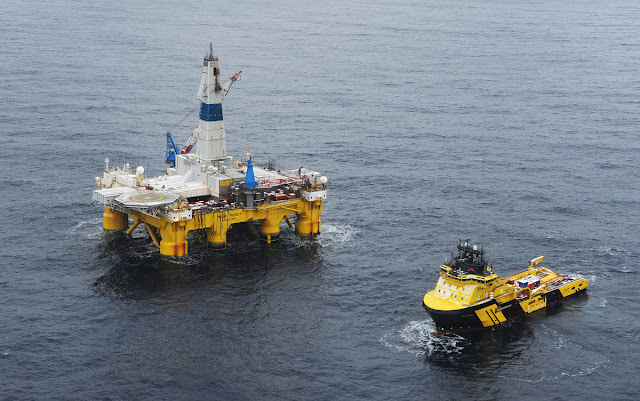Obama lawyers file a breathless, angry appeal against the court ruling that invalidated the NDAA's chilling 2011 detention law
By Glenn
Greenwald
In May,
something extremely rare happened: a federal court applied the US constitution
to impose some limits on the powers of the president. That happened when
federal district court judge Katherine Forrest of the southern district of New
York, an Obama appointee, preliminarily barred enforcement of the National Defense
Authorization Act (NDAA), the statute enacted by Congress in December 2011 with
broad bipartisan support and signed into law by President Obama (after he had
threatened to veto it).
That 2011 law
expressly grants the president the power to indefinitely detain in military
custody not only accused terrorists, but also their
supporters, all without charges or trial. It does so by empowering the
president to indefinitely detain not only al-Qaida members, but also members of
so-called "associated forces", as well as anyone found to
"substantially support" such forces – whatever those terms might
mean. I wrote about that decision and the background to this case when it was issued.
.jpg)




.jpg)



.jpg)









